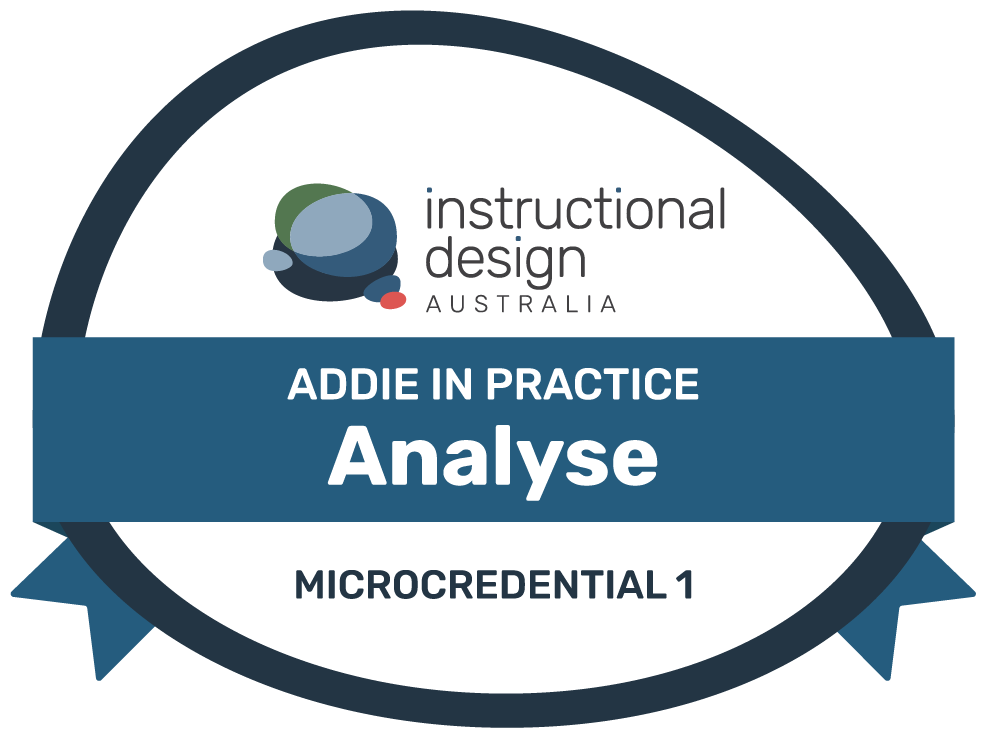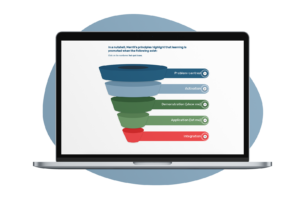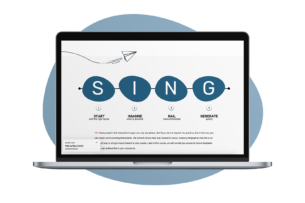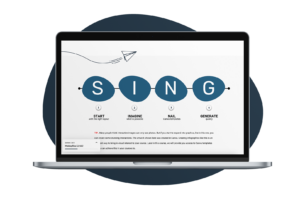ADDIE in Practice: Analyse Microcredential
$863
Dive into a learning needs analysis to identify capability gaps, align with business goals, and pinpoint learner needs.
Gain the skills to transform raw data into actionable insights, creating a strong foundation for impactful learning solutions.
Description
ADDIE in Practice: Analyse Microcredential
Explore the Analyse phase of the ADDIE model and uncover the essence of a Learning Needs Analysis (LNA).
Identify business objectives and pinpoint precise learning needs.
Clarify instructional goals and understand learners’ current skills and behaviours.
Verify the LNA to ensure alignment with stakeholders, accurately detect performance gaps, and craft solutions that bridge those divides.
 | Learning outcomesBy the end of this microcredential, you’ll be able to: - Determine who the key stakeholders are, what information you need from each, and which questions will effectively gather this information.
- Choose consulting strategies that build productive relationships through appropriate communication channels, active listening, and rapport-building techniques.
- Conduct a learning needs analysis (LNA) to identify business objectives, learning cohorts and capability gaps using a structured LNA template.
- Analyse collated data to determine evidence-based learning needs that address identified knowledge, skill, and behavioural gaps.
- Develop a Learning Needs Analysis Report to summarise findings and socialise with stakeholders.
|
 | Content- About Analyse
- The Learning Needs Analysis (LNA) process
- LNA players
- How to use questions to elicit and prioritise needs
- Understanding needs
- Determining extent of the change and the required
- Establishing project team – roles and responsibilities
|
 | Templates and guides- Learning Needs Analysis (LNA) Template
- Learning Needs Analysis (LNA) Guide
- Learning Needs Analysis (LNA) Validation Tool
- Learning Needs Analysis (LNA) Report Template
|
 | CoachingOnce you’ve completed your formal assessments, you’ll book your 60-minute one-on-one coaching session. Your coach will help you apply everything you’ve learned, diving deep into your project and helping you ensure your analysis accurately identifies capability gaps and aligns with business goals. During this personalised session, you’ll: - Get expert feedback on your work
- Ask questions and explore ideas
- Identify your strengths
- Create a plan for continued growth
This focused time with your coach ensures you’re not just completing an assessment, but building skills that will enhance all your future learning design work. |
BONUS Foundation Modules
You’ll also receive bonus foundation modules:
- Learning theories, strategies and approaches
- Consulting skills
Learning theories, strategies and approaches
Consulting skills
 | Learning outcomesBy the end of this module, you’ll be able to: - Demonstrate effective consulting techniques – including active listening, questioning and stakeholder analysis – to identify learning needs and business goals.
- Develop strategies to manage client relationships, including addressing challenges and fostering collaboration with subject matter experts (SMEs).
- Analyse stakeholder feedback to refine learning solutions, ensuring alignment with organisational objectives.
- Consider how to overcome challenging conversations using evidence-based communication strategies, to achieve positive project outcomes while maintaining productive relationships.
|
 | Content- Understanding the client
- Emotional intelligence
- Discussing options and recommending approaches
- Managing scope, challenging expectations
- Working with subject matter experts (SMEs) and other team members
- Project management
|
Looking to master the end-to-end instructional design process? Enroll in our Professional Certificate in Instructional Design.
Earn four microcredentials (and digital badges) that stack to form a Professional Certificate in Instructional Design. Learn more.





